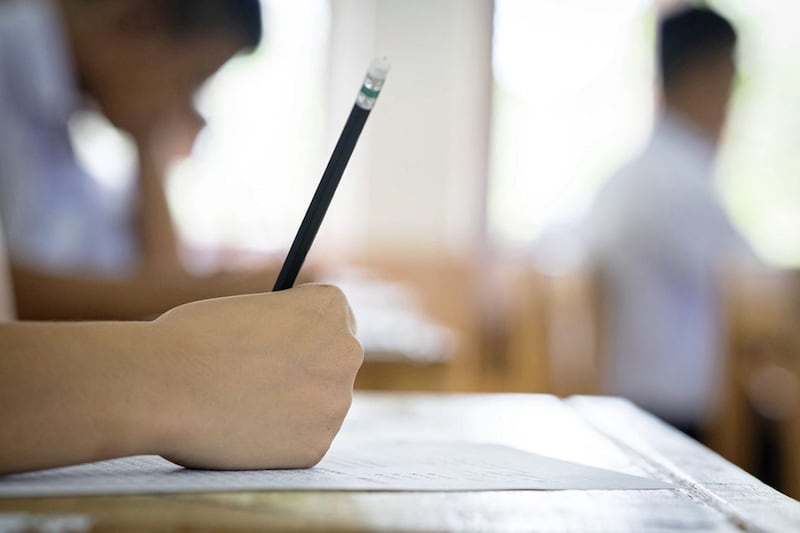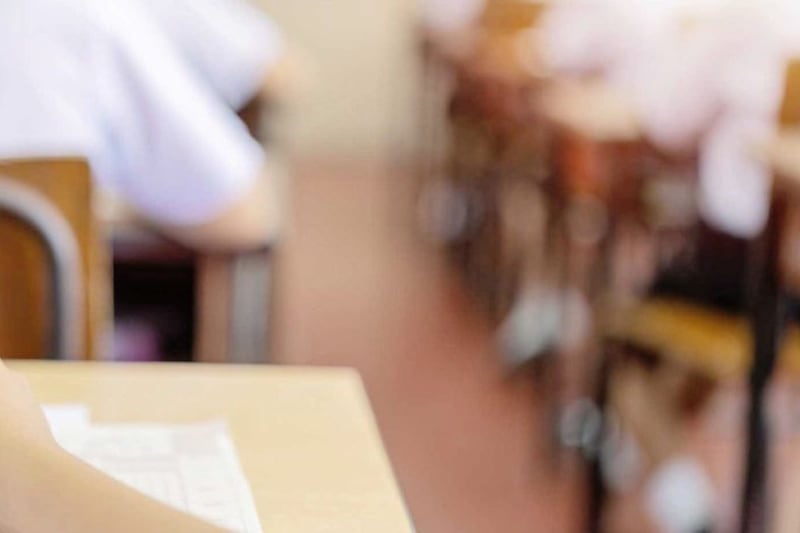PLANS for unregulated transfer tests to be brought back into the primary schools is "unmanageable", principals have said.
A campaign is calling on education minister Peter Weir to review the transfer test process ahead of next year.
Parents argue that children should be allowed to sit 11-plus tests in their own primary school classrooms.
There has been no state-involvement in the 11-plus since 2008, when P7 pupils took papers in their own schools.
Grammar schools have been operating two different styles of unregulated exams since then.
Children must sit these entrance tests in grammar schools while some even have to attend further education colleges which operate as overflow centres.
The #bringitbacktoprimary campaign is now urging Mr Weir to intervene.
Campaign organiser Naomi McBurney, a mother-of-two from Bangor, said children should take the tests in a more familiar and comfortable setting.
Almost 6,000 people have supported Ms McBurney's petition.
The Catholic Principals Association (CPA) said it disagreed with the whole process of academic selection, however.
It has been vocal in its opposition from the outset to both systems of testing.
The CPA, which represents the leaders of more than 250 Catholic schools, said it was admirable to point out the mental health concern with regards to the process and the impact that it was having on children.
In a letter to The Irish News it added that the issue should be widened to much more than just the test venue.
"The argument that the venue for the unregulated tests is a factor in many ways backs up our opposition to the system," said CPA chairman Kieran O'Neill.
"Simply moving tests to a different venue does not take away from the negative pressures already built up in relation to the 'high stakes' testing event. Nor would it make any difference to the stress and anxiety caused by the rest of the process in receiving results and academic selection itself. The system is fractured and flawed."
Meanwhile, Mr Weir has reaffirmed his support for academic selection during assembly questions.
He was responding to Sinn Féin west Tyrone MLA Maolíosa McHugh who asked the minister to "consider his position on the use of academic selection" in the light of a report produced by Right to Education, which found that 92 per cent of teachers felt transfer testing had a significant negative impact on the health of children.
"If we make a comparison with England, we see a situation where selection will happen, because there will always be schools that are oversubscribed, but the alternative they employ is that a section of the school population is effectively private education, where selection happens very much by the ability to pay," Mr Weir said.
"Whatever the flaws in academic selection, replacing it with a system that would inevitably have a greater emphasis on the ability to pay would be a retrograde step for academic achievement and social mobility."








